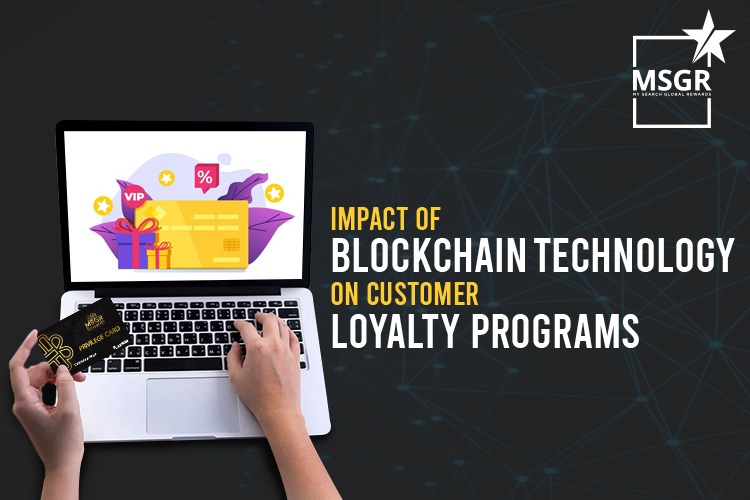We live in an age where technologies can bring forth incredible changes in almost every industry within a very short span of time. One such technology that has been revolutionizing almost every industry recently with its vast potential for data security is ‘Blockchain’.
Let’s dig a little deeper into Blockchain.
Blockchain is a DLT (Distributed Ledger Technology) facilitating secure exchange of information. Blockchain ledgers gained considerable momentum for their involvement with the cryptocurrency Bitcoin. In just a few years, blockchain has evolved into a mechanism across distributed PCs to approve transactions. Blockchain enables customers to check and exchange transactions without any delay. It doesn’t need experts to supervise the transactions and is fortified with unique data security protocols. Digital information will be kept as blocks and each block will have a unique hash that makes it different from others, while also making the possibility of financial fraud nigh impossible.
There are two major types of blockchain and we need to wisely pick the one that's suited for our needs.
- Public Blockchain
- Private Blockchain
Public Blockchain
Public blockchain laid the path for a fully decentralised network system. It has an open network where information is made available in a public domain; tightly secured of course. Because it does not require permissions, any party can read, write or view the data on the blockchain. A great example for a Public Blockchain platform is ‘Ethereum'.
Private Blockchain
When it comes to private blockchain, generally only a single organisation has control over the network. The internal networking system of a company will be in line with a private blockchain platform. Only authorized personnel within the organization is given access to the blockchain platform. High efficiency, absolute privacy, relatively low cost of implementation and stability are some of the main features of private blockchain.
Why Blockchain Technology?
Enhances Data Security
Transparency
Lower Risk
No Single Point Of Failure
Realtime Tracking
Reduced Data Redundancy
No Third Party Involvement
Trusted Transactions
Affordability
Digital Illustration Of Blocks
The fundamental capacity of blockchain is to deal with a wide range of money exchanges. Blockchain innovation right now is positively overwhelming the banking and finance sector, adding one borderline impenetrable, extremely fortified layer of security to confidential data.
At this point, it’s safe to assume that this technology will soon be adopted by the most common IT services where secure monetary transactions are involved.
This is where blockchain directly ties into Customer Loyalty. By granting such security to money transactions, financial transactions of customers with businesses would be secure and safely logged removing concerns of infringement or financial cyber-fraud almost completely. Such a safeguard would in turn impact the customer’s preference to transact with that business more; subsequently increasing customer loyalty.
Ecommerce establishments can capitalize on this ‘blockchain advantage’ and even integrate it with Rewards programs; something along the lines of a blockchain-powered customer loyalty program. Traditional loyalty programs suffer lots of issues when it comes to monetary transactions including:
1) Low Redemption Rate
2) High Costs
3) Few Customer Incentives
4) Security Concerns
With blockchain added to the mix, security for transactions is a concern no more, and the program would be more budget-friendly and cost effective to businesses.
Upgrade Customer Loyalty Programs With Blockchain Technology
Blockchain loyalty tokens will connect business owners and customers via multiple customized rewards programs. Such a system can essentially grant consumers with safer transactions, more opportunities for rewards and even access to multiple reward accounts. This way, the reward tokens they earn can be used across multiple rewards programs without concern for safety. Blockchain loyalty tokens will not expire or lose their value unlike traditional reward points.
Why is the future generation shifting to blockchain loyalty tokens?
Open systems
Less clutter
More flexibility
Reduced cost
Overall transparency
Less fraud
Better security
Reasons why Ecommerce needs Blockchain are :
Value-add for businesses
Easier implementation for shops of all sizes.
Better accounting.
Happier customers.
Access to a network of loyal customers.
Conclusion
The impact of blockchain technology on the Customer Rewards & Loyalty landscape will be huge in the coming years. Early adopters have already begun reaping the benefits. With gradual & systematic upgrades, any business can employ blockchain to facilitate secure transactions and offer a secure ecosystem for rewarding their customers.






